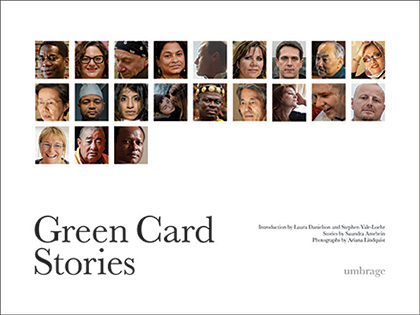…so how do you have a yard sale without a yard, a garage sale without a garage?

Over the weekend, a stoop sale in Park Slope that was composed of some clothes, dishes, a bike, and a floor lamp was shut down by the police. The seller, a commenter on the message board Brooklynian, said that two police officers parked their car and plainly said, "You can't do this here." They then proceeded to ask whether or not he or she had a license.
The license, in that case, most likely meant a Secondhand Dealer General License, ... needed by "a person or business that buys or sells secondhand articles in New York City." Exempt from that, however, are garage sales, used boat dealers, not-for-profits, and curiously, used clothing stores.
Here are a few points to consider, if we're going to have this debate: Most New Yorkers don't have a front lawn to host a garage sale, if we're going to have this debate: Most New Yorkers don't have a front lawn to host a garage sale, but that doesn't automatically mean the word "stoop" is a legitimate substitute.
A rent-paying resident doesn't own his stoop... but even though they're occasionally kind of annoying to the rest of a building's tenants, stoop sales (much like sample sales are naturally occurring phenomena that most city dwellers—particularly Brooklyn residents—have come to accept and enjoy.
Read the rest at The NYPD Shut Down a Park Slope Stoop Sale - Controversies - Racked NY
We have been modern for several centuries now. We are modern, and we want to be modern; it is a desire that guides the entire life of Western societies. That the will to be modern has been in force for centuries, though, suggests that we have not succeeded in being truly modern—that the end of the process that we thought we saw coming at various moments has always proved illusory, and that 1789, 1917, 1968, and 1989 were only disappointing steps along a road leading who knows where....







